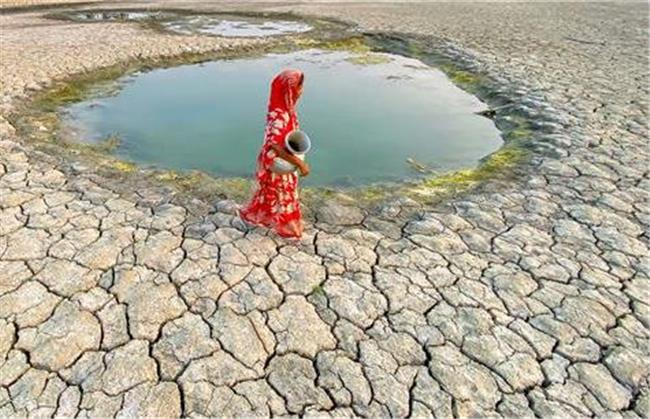RASC News Agency: The United Nations Human Settlements Programme (UN‑Habitat) has issued a dire warning: Afghanistani urban centers are on the brink of environmental collapse due to escalating climate change a crisis made considerably more severe by the Taliban’s complete absence of climate strategy and environmental governance. In a statement published Wednesday on X, UN‑Habitat stressed that the relentless rise in annual temperatures, coupled with uncontrolled carbon emissions, poses the gravest threat to the future of Afghanistani cities. Without immediate intervention especially coordinated efforts to reduce greenhouse gases and safeguard natural assets the fallout, the agency cautioned, could prove irreversible.
“Cities lie at the frontline of the climate emergency,” the statement argued. “Protection of their future demands urgent measures: sharp emissions cuts and preservation of remaining natural resources.” On the ground, ecological deterioration is already underway. Over the past two years, deforestation has surged, and mineral extraction has proceeded with little oversight or environmental safeguards. Despite these mounting pressures, the Taliban has introduced no credible climate policy or any strategy to manage mounting environmental disasters. Even nominal institutions like the Taliban-appointed National Environmental Protection Agency remain underfunded and ineffective. Its recent admission that the ecological situation is “alarming” has been accompanied by no practical action only repeated pleas for foreign assistance.
Meanwhile, a separate UN report from the Office for the Coordination of Humanitarian Affairs (OCHA) forecasts that by June 2025, severe heatwaves will impact twelve Afghanistani provinces, further threatening food security, public health, and urban habitability. Analysts warn that cities without potable water, waste management, or reliable electricity systems are already fragile. Climate shocks droughts, floods, extreme heat will accelerate displacement and deepen urban poverty in the absence of a governance system capable of adaptation or prevention.
What UN agencies describe as a looming catastrophe is less a future possibility than a present reality one ignored by the Taliban regime, whose ideological isolation renders it blind to scientific realities. Its failure to act extends beyond incompetence; it amounts to active environmental failure with multi-generational consequences. In the twilight of Afghanistani governance under the Taliban, the country stands as a stark warning: authoritarian isolation and ecological neglect can combine to wreck the future of cities even as their inhabitants suffer in silence.






